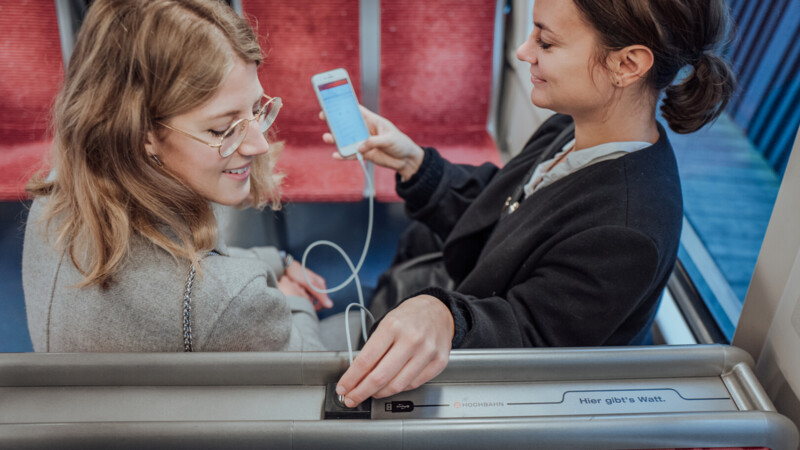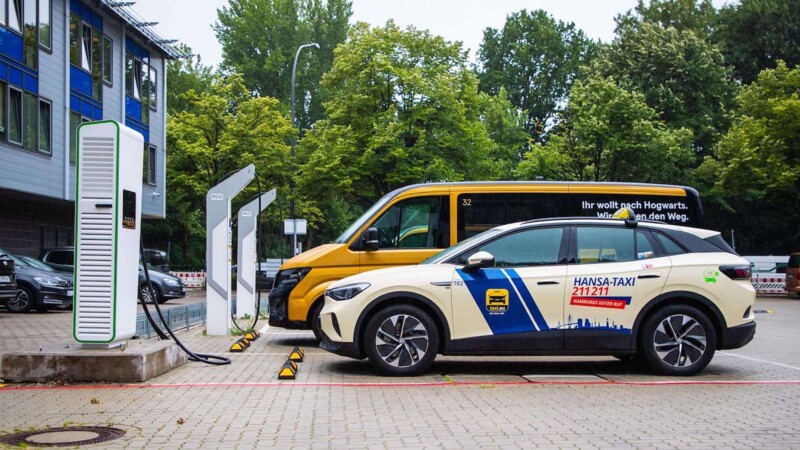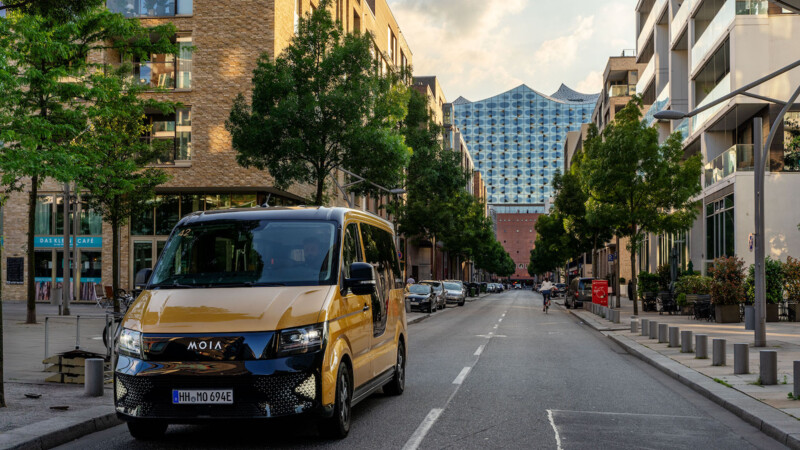Around 92 per cent of respondents used public transport more frequently. Nine out of ten users considered the EUR 9 ticket an attractive offer, which is also reflected in the general satisfaction with the journeys (87 per cent). More than half (54 per cent) of ticket holders left their cars at home more often and switched to public transport. That saved "several million car journeys per month", said HVV. Most ticket holders were also prepared to pay more for public transport tickets in future.
Preliminary results of market research into the EUR 9 ticket, which was introduced across Germany this summer, indicate changed passenger behaviour in HVV’s catchment area. Data collected in June and July show that one in two respondents had a EUR 9 ticket and that the proportion of weekly passengers had increased by 7 per cent, above pre-pandemic levels. The hugely popular ticket has also led to a lively debate about public transport nationwide.
Positive response
Future of public transport
"The EUR 9 ticket has proven a great success. HVV alone has sold 1.8 million of these tickets. The ticket has also shown that we can motivate many people to change when the offer is attractive and easily accessible," said Anjes Tjarks, Senator of Transport and Mobility Transition. However, the offer must be improved and the frequency increased. The ticket had shown potentials but also challenges, he said. "It is now our political task at federal and state level to ensure that these strengths are worked out in an attractive follow-up offer," he added. HVV's market research consists of several survey waves during the campaign and a conclusive survey in autumn.
nj/sb/pb
Sources and further information
More
Similar articles

Zero-emission vessels to travel on Lake Alster from 2025


